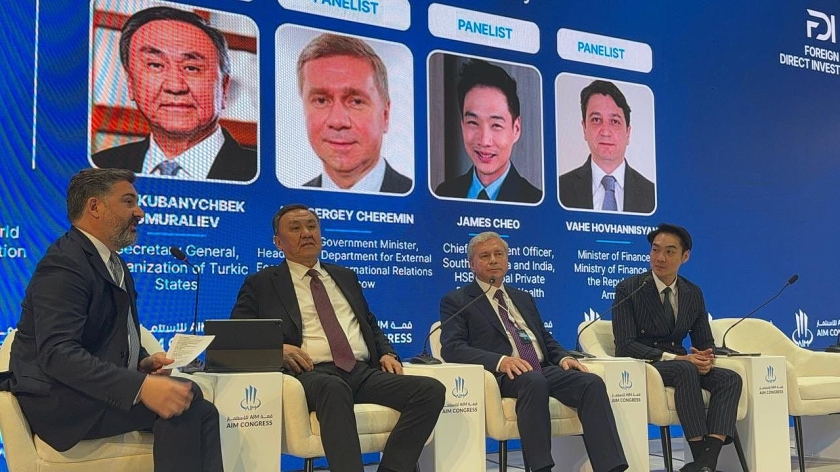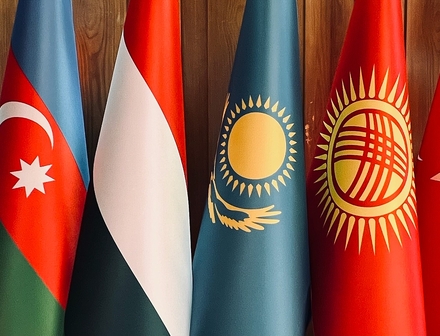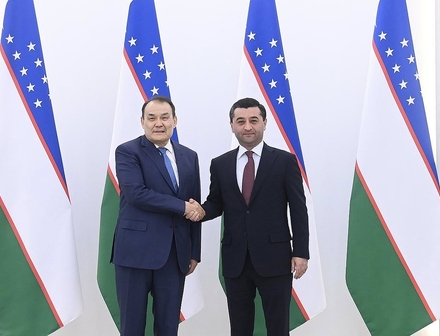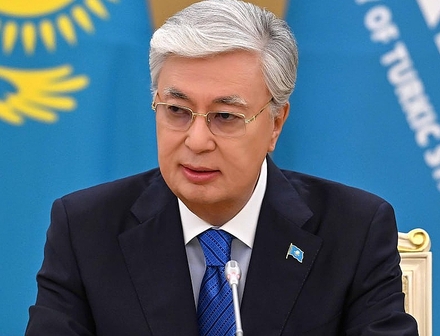Kubanychbek Omuraliev, Secretary-General of the Organization of Turkic States, confirmed that the organisation has made significant progress in recent years to enhance integration and cooperation among member states.
The scope of multilateral cooperation has expanded to cover 35 diverse fields, including foreign policy, trade, energy, green economy, tourism, digitalisation and space research.
In a statement to the Emirates News Agency (WAM) on the sidelines of the AIM Investment Summit 2025, which opened yesterday in Abu Dhabi, Omuraliev stated that economic cooperation remains a core pillar of integration within the Organization of Turkic States. He highlighted the role of the Union of Turkic Chambers of Commerce and Industry as a key platform for strengthening economic ties among member countries.
He noted that the Turkic Investment Fund marks another milestone in cooperation, having been launched with an initial capital of US$500 million, which has now increased to US$600 million following Hungary’s accession. The fund will begin financing tangible projects this year, with a focus on supporting innovation and entrepreneurship, particularly among small and medium-sized enterprises.
Omuraliev pointed to the establishment of the Trade Facilitation Committee, which aims to simplify procedures, remove barriers and improve the business environment. He also noted the signing of the Digital Economy Partnership Agreement during the most recent summit in Bishkek, calling it a significant leap in digital trade and transformation.
The Secretary-General announced that member states have also signed a Memorandum of Understanding establishing a Council of Central Banks to enhance financial cooperation, as well as a founding memorandum for the Turkic Green Finance Council to promote sustainable investment and green finance.
Regarding investment potential, Omuraliev explained that Turkic states possess strategic and economic advantages, from their vital geographic location and abundant natural resources to their emerging economies and growing regional cooperation.
Investment opportunities span sectors including energy, infrastructure, agriculture and technology. The Caspian Sea region, he said, remains a key hub for energy production and export, while renewable energy is gaining increased attention through solar, wind and hydropower projects.





